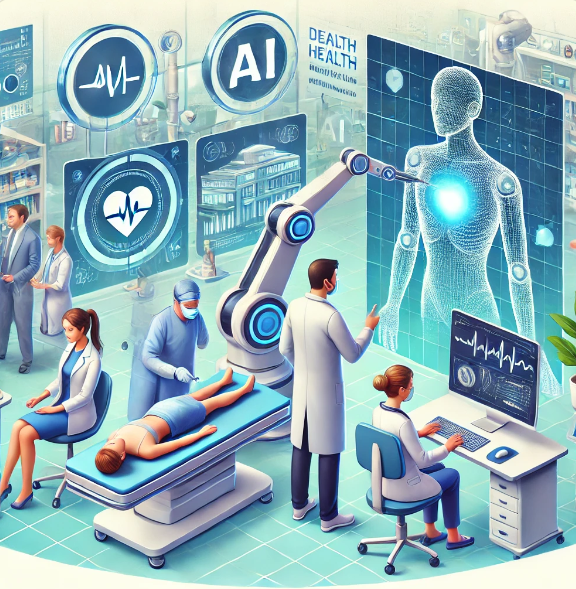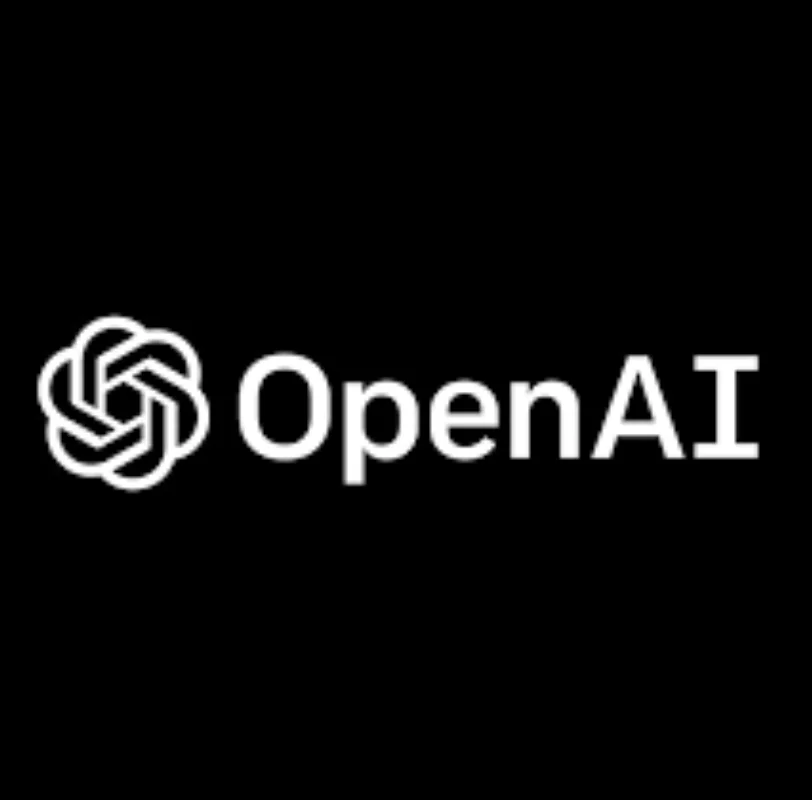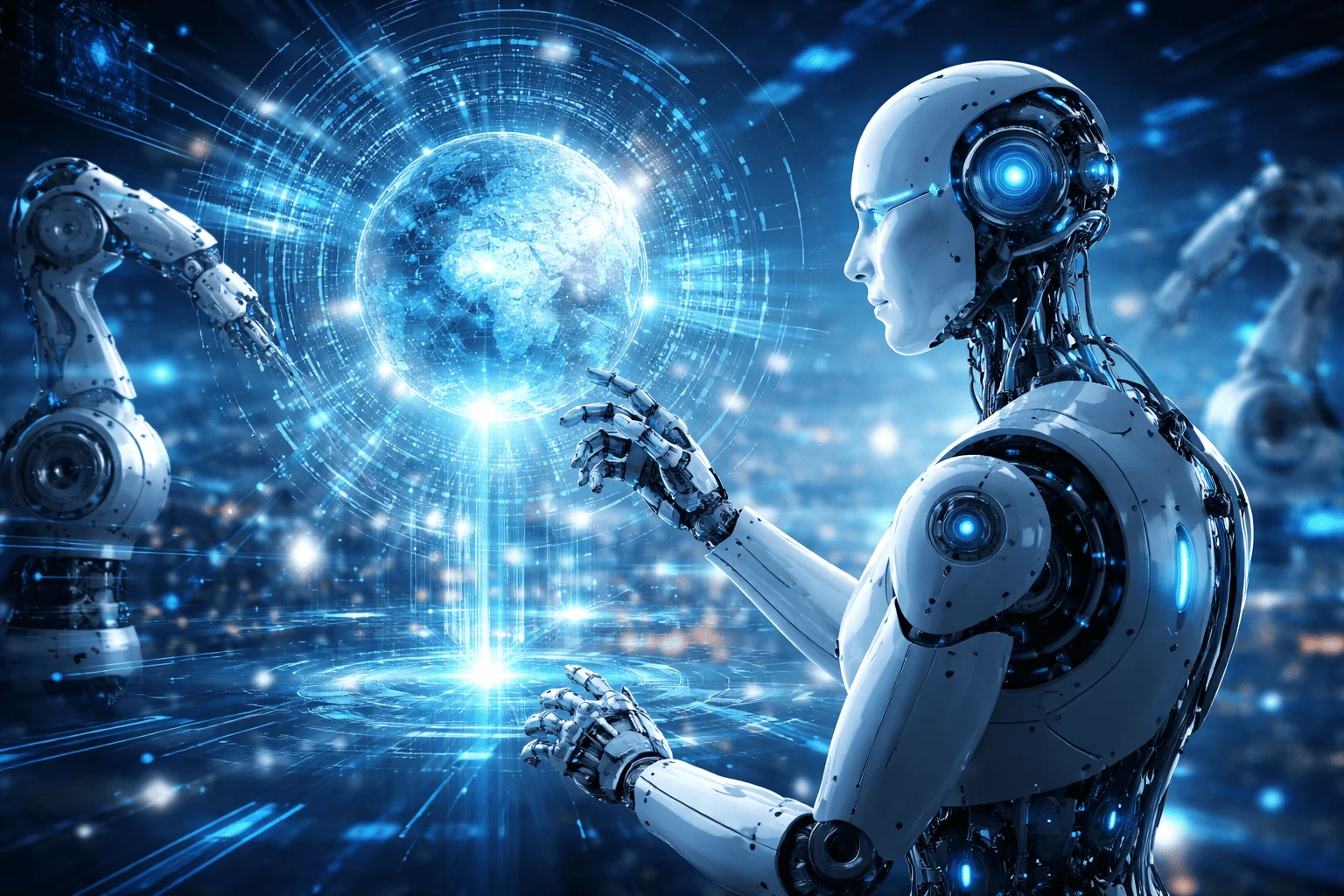In a recent interview about artificial intelligence (AI) in healthcare, Stanford Medicine’s Dean Lloyd Minor shared his vision of AI’s transformative impact across the medical field. His insights revealed how AI is reshaping everything from basic research to patient care.
“Each component of the biomedical life cycle is being transformed by AI, and in particular, large language models and generative AI because of their power to bring information together in ways that generate knowledge,” Minor explained. This transformation spans the entire healthcare spectrum, from research laboratories to clinical settings.
The dean detailed how AI is revolutionizing fundamental research, noting that predictive modeling has changed how scientists work.
“We’re studying the structure of proteins thanks to the predictive modeling of generative AI, enabling us to predict the structure of any protein based upon amino acid sequence,” Minor said.
The integration of AI in medicine represents a pivotal moment in healthcare history, comparable to the discovery of antibiotics. As healthcare continues to evolve, AI’s role in improving patient outcomes and accelerating medical discoveries becomes increasingly central to modern medicine’s future.






